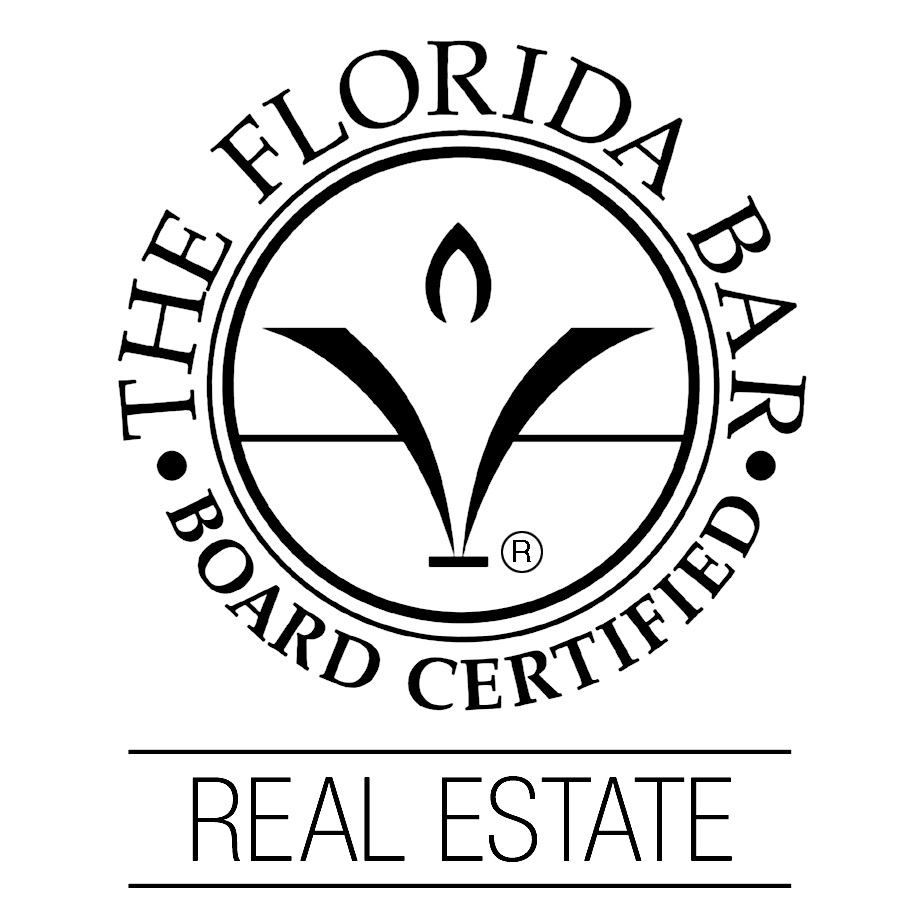Partition Actions
Property can be owned by an individual, or jointly by several people or entities. This can include friends, siblings, trusts and businesses. The ownership is often as joint tenants or tenants in common. When owners cannot agree on how the property should be used or disposed of, the statutory remedy of a partition action can sometimes be used to resolve the matter. Partition actions are most common when:
- An unmarried couple that jointly owns a property separate;
- Children inherit a property; or
- A business partnership dissolves and no agreement is reached regarding division of its assets.
A partition action is often viewed as an option of last resort, since it is used when the parties cannot voluntarily reach an agreement on the use or disposition of the property.

The Process
Any owner of the property can file an action for partition. The defendants are the other owners of the property. This action must be filed in the county where the property is located. Once this action is filed, the court will determine how to divide the property and the portion to be allocated to each party.
Pursuant to Florida Statute 64.041:
“The complaint shall allege a description of the lands of which partition is demanded, the names and places of residence of the owners, joint tenants, tenants in common, coparceners, or other persons interested in the lands according to the best knowledge and belief of plaintiff, the quantity held by each, and such other matters, if any, as are necessary to enable the court to adjudicate the rights and interests of the party. If the names, residence or quantity of interest of any owner or claimant is unknown to plaintiff, this shall be stated. If the name is unknown, the action may proceed as though such unknown persons were named in the complaint.”
Partition Options
There are two primary ways to divide property in a partition action, and they are:
- Partition in Kind. This is also known as actual partition because each owner receives a divided portion of the property that is now under their sole control. This option is most common when the property is a parcel of undeveloped land or something else easily divided into separate portions.
- Partition by Sale. In this situation the entire property is sold and the proceeds are divided among the owners. If there is a mortgage or other lien against the property, it must be satisfied prior to the distribution of the proceeds to the former owners. A partition by sale is most commonly used when a building is on the land. Under Florida Statute 64.061: “On an uncontested allegation in a pleading that the property sought to be partitioned is indivisible and is not subject to partition without prejudice to the owners of it or if a judgment of partition is entered and the court is satisfied that the allegation is correct, on motion of any party and notice to the others the court may appoint a special magistrate or the clerk to make sale of the property either at private sale . . .” As such, if the property to be partitioned includes a building, this allegation should be included in the complaint.
Attorney’s Fees, Property Improvement Expenses, Taxes and other Costs
Under Florida Statute 64.081: “Every party shall be bound by the judgment to pay a share of the costs, including attorneys’ fees to plaintiff’s or defendant’s attorneys or to each of them commensurate with their services rendered and of benefit to the partition, to be determined on equitable principles in proportion to the party’s interest.”
Consult the Partition Action Attorneys at Lieser Skaff
Partition actions allow joint owners of property to legally separate their interests and use their portion of the land or proceeds at their own discretion. Our experienced attorneys has assisted former spouses, friends, co-habitants, siblings and business owners in securing a property partition in Florida. If you have joint interest in a property and cannot resolve its use or sale, we can help protect your rights and assure that you receive a fair apportionment of the assets.